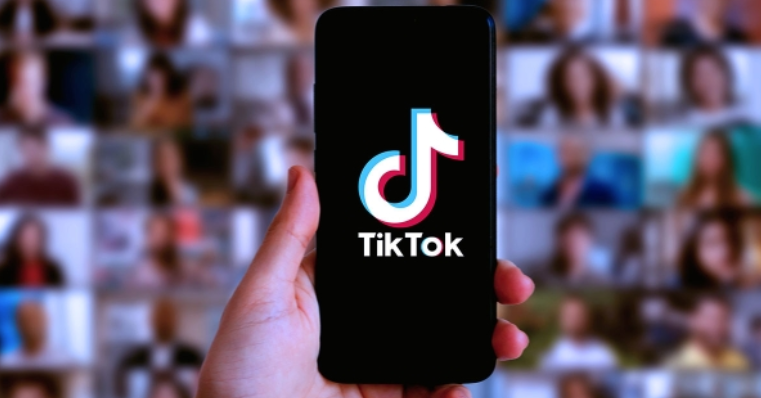A double-edged hashtag: Evaluation of #ADHD-related TikTok content and its associations with perceptions of ADHD
Recent findings from a team at the University of Vancouver in British Columbia, Canada, highlight a significant presence of misinformation on social media platforms like TikTok related to ADHD, which can shape public understanding and potentially lead to misdiagnosis or self-diagnoses based on inaccurate information.
PUBLICATION
PLOS One
AUTHORS AND RESEARCHERS
Vasileia Karasavva, University of British Columbia, Canada
Caroline Miller, University of British Columbia, Canada
Nicole Groves, Seattle Children’s Hospital, Seattle, Washington, United States
Andrés Montiel, University of British Columbia, Canada
Will Canu, Appalachian State University, Boone, North Carolina, United States
Amori Mikami, University of British Columbia, Canada
ABSTRACT
We aimed to assess the psychoeducational quality of TikTok content about attention-deficit/hyperactivity disorder (ADHD) from the perspective of both mental health professionals and young adults across two pre-registered studies. In Study 1, two clinical psychologists with expertise in ADHD evaluated the claims (accuracy, nuance, overall quality as psychoeducation material) made in the top 100 #ADHD TikTok videos. Despite the videos’ immense popularity (collectively amassing nearly half a billion views), fewer than 50% of the claims about ADHD symptoms were judged to align with the Diagnostic and Statistical Manual of Mental Disorders. In Study 2, 843 undergraduate students (no ADHD = 224, ADHD self-diagnosis = 421, ADHD formal diagnosis = 198) were asked about their typical frequency of viewing #ADHD content on TikTok and their perceptions of ADHD and were shown the top 5 and bottom 5 psychologist-rated videos from Study 1. A greater typical frequency of watching ADHD-related TikToks was linked to a greater willingness to recommend both the top and bottom-rated videos from Study 1, after controlling for demographics and ADHD diagnostic status. It was also linked to estimating a higher prevalence of ADHD in the general population and greater challenges faced by those with ADHD. Our findings highlight a discrepancy between mental health professionals and young adults regarding the psychoeducational value of #ADHD content on TikTok. Addressing this is crucial to improving access to treatment and enhancing support for those with ADHD.
READ THE RESEARCH PAPER IN ITS ENTIRETY.
RELATED RESEARCH PAPERS FROM THE INTEGRITY PROJECT




